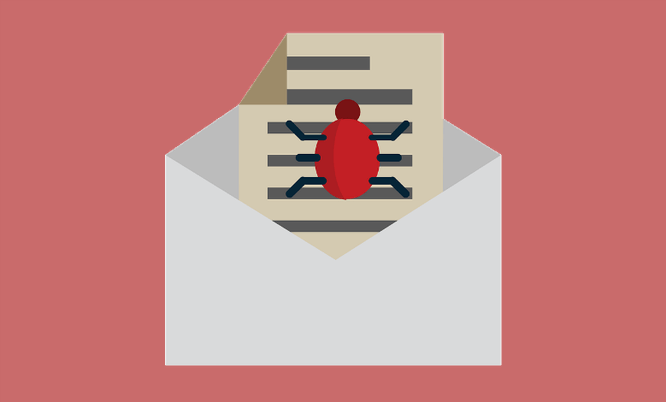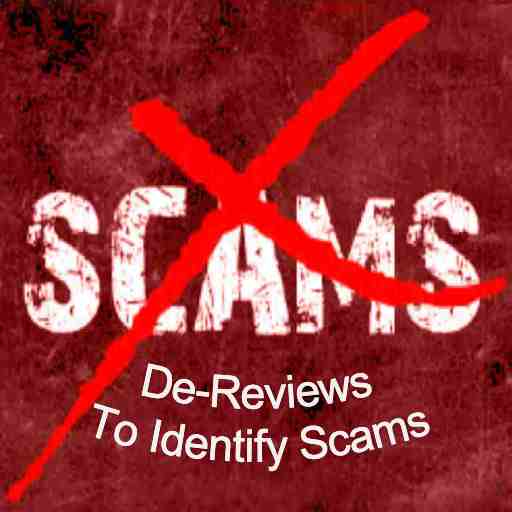Beware of phishing messages and website comments claiming that you've illegally used copyrighted images belonging to a “licensed photographer,” “professional illustrator,” “certified artist,” or similar roles. These messages often claim to be from individuals with names like Melane, Melaenis, Mellie, and so on. While the names may vary, the scam is always the same.

Common Scam Message Examples:
“Hi there! This is Mellie and I am a certified illustrator. I noticed my copyrighted images on your website without permission. This is illegal! Download this file to see the links to my original works: [Link removed for safety]. If you don’t remove them, I’ll report your website to your hosting provider and take legal action.”
“Hello! This is Melaida, a professional photographer. Your website has stolen my copyrighted images. Open this document to verify: [Link removed for safety]. If no action is taken, expect a lawsuit.”
"Hi there!
This is Melaenis and I am a licensed photographer.
I was puzzled, mildly speaking, when I found my images at your web-site. If you use a copyrighted image without an owner’s license, you must be aware that you could be sued by the creator.
It’s illegal to use stolen images and it’s so mean!
See this document with the links to my images you used at de-reviews.com and my earlier publications to obtain the evidence of my ownership.
Download it now and check this out for yourself:
[Link removed for safety]
If you don’t remove the images mentioned in the document above within the next couple of days, I’ll file a complaint against you to your hosting provider stating that my copyrights have been severely infringed and I am trying to protect my intellectual property.
And if it doesn’t help, trust me I am going to take it to court! And I won’t give you a prior notice again."
These messages often include a download link or file that supposedly contains proof of the copyright infringement. Do not click on these links or download any files. They may contain malware, spyware, or phishing software designed to steal your personal information or infect your device.
Why These Messages Are Dangerous?
These threats are not coming from real photographers or illustrators. They’re from scammers attempting to:
- Trick you into downloading malware.
- Steal personal or financial information.
- Gain access to your website or system.
- Intimidate you into taking unnecessary actions.
Once these criminals obtain your information, they may sell it on the dark web or use it to commit identity theft or financial fraud.
How to Stay Safe?
- Do not click on any suspicious links or download any attachments.
- Do not respond to the sender.
- Mark such messages as spam or report them to your email provider or website platform.
- Keep your antivirus and antimalware software updated.
- Enable two-factor authentication (2FA) where possible.
Help Others Stay Safe:
If you've received similar messages with different names or slightly altered wording, please share them in the comment section below (you don’t need to include your email). Your report might help someone else avoid the same scam.
Stay Informed:
You can explore other types of online scams by browsing our “Scams” category [click here]. Or, visit our homepage for more articles that help you stay alert and informed online.
Spread the Word:
If you found this information useful, please share it with friends and family on social media. The more people know about these scams, the fewer victims there will be.


Leave a Reply